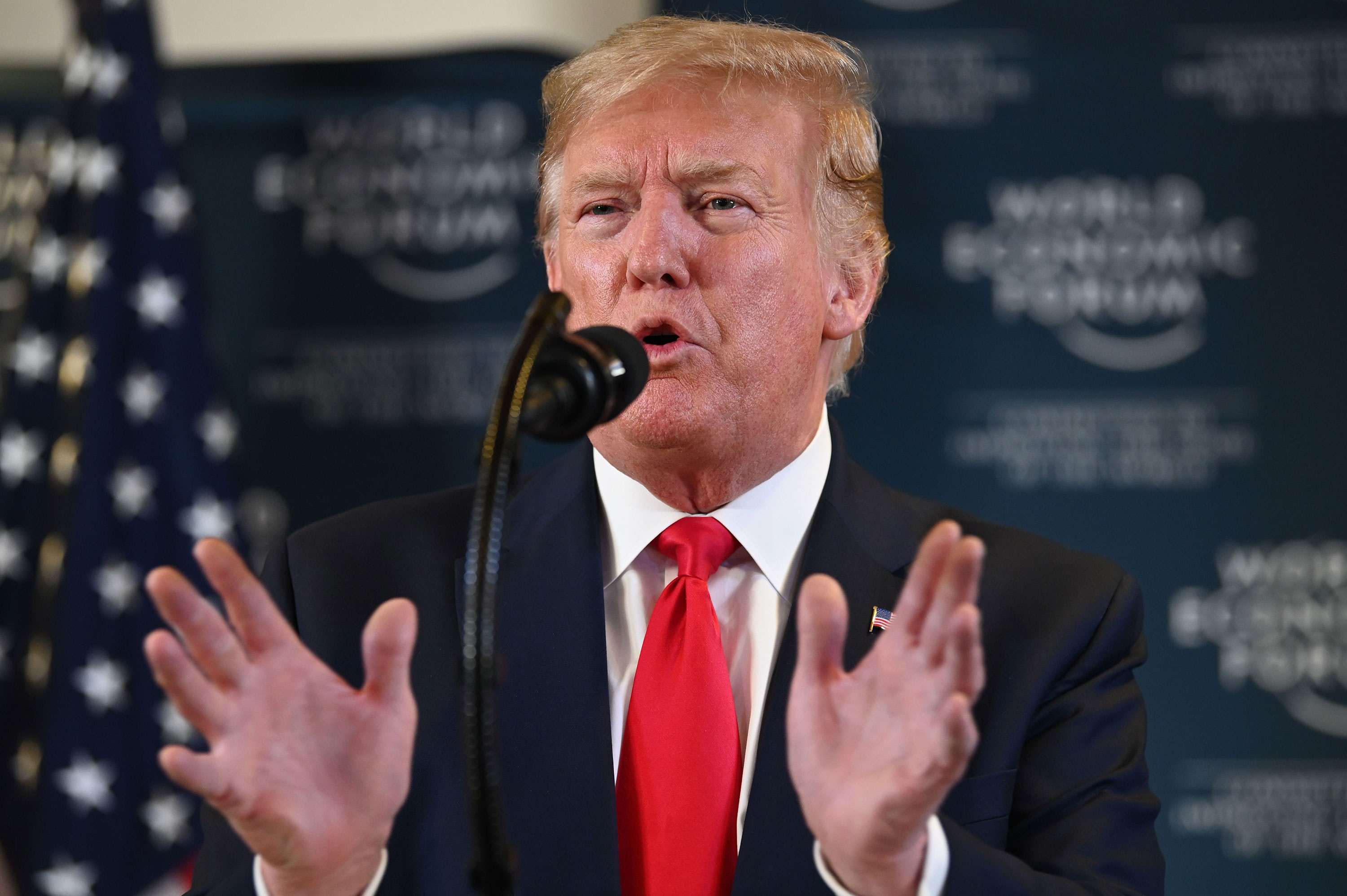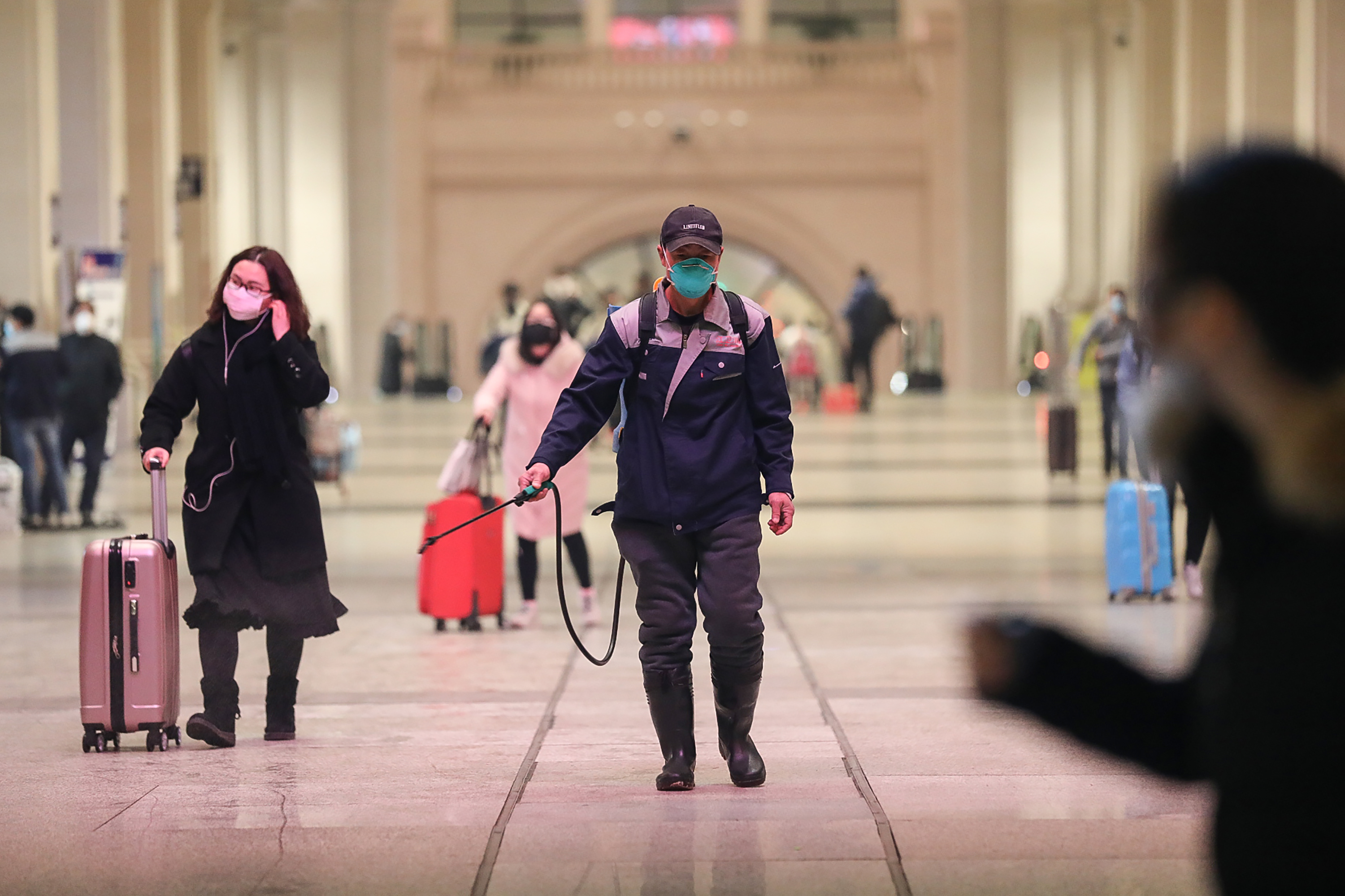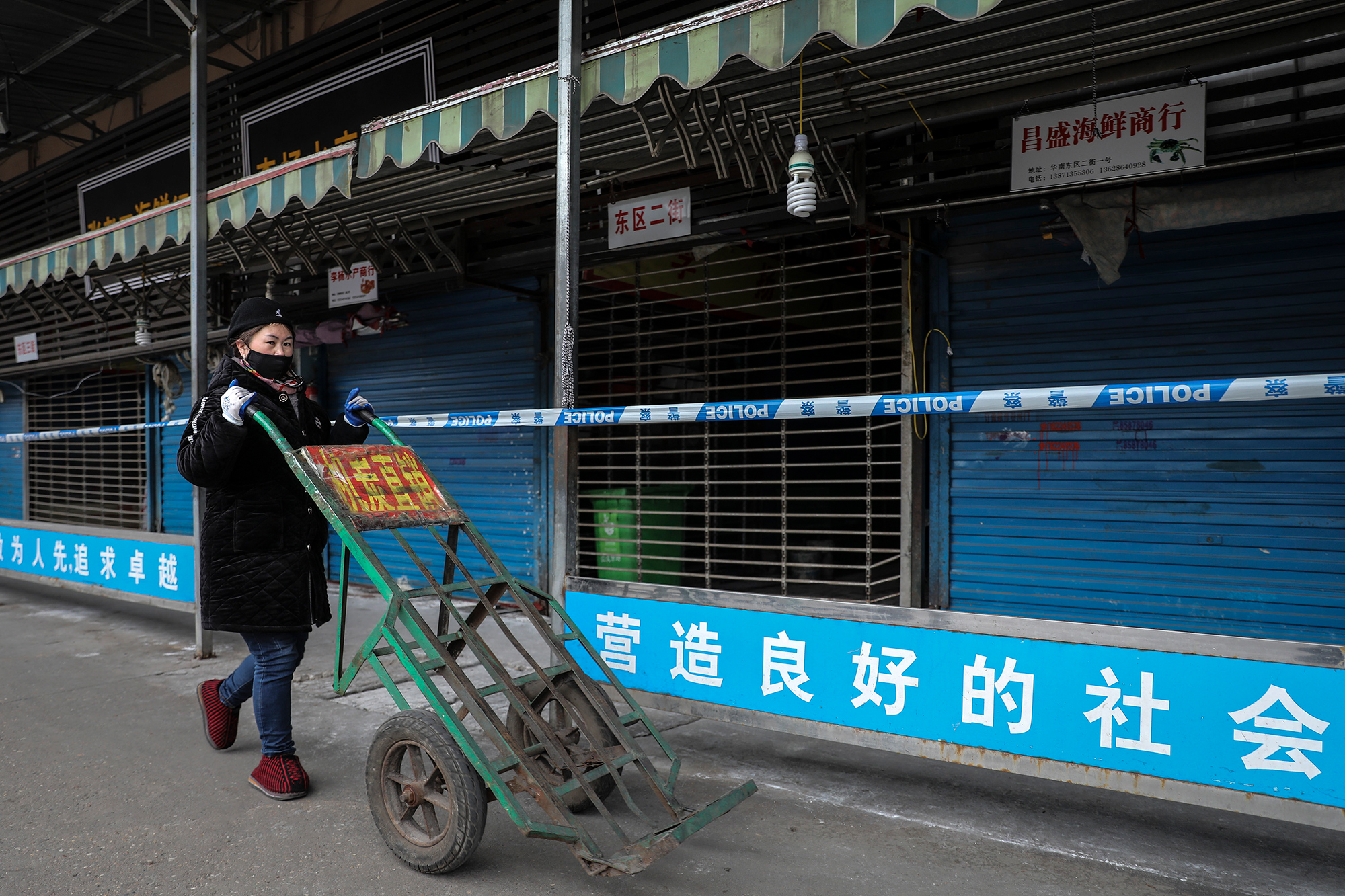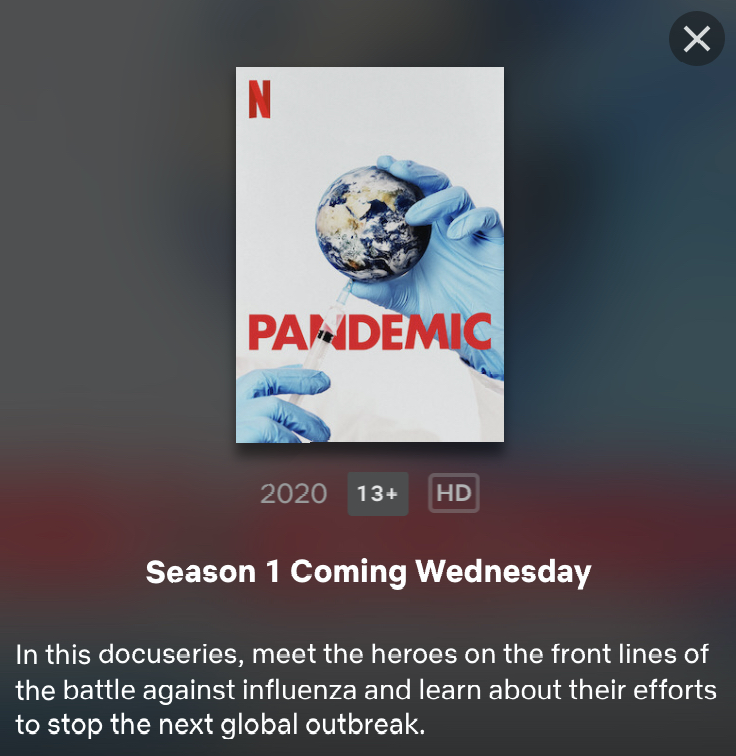As the Wuhan coronavirus continues to spread in China and beyond, Chinese state media has published a number of unusually scathing commentaries criticizing local authorities in Wuhan for their alleged incompetence.
In a commentary by People’s Daily on Tuesday night, the state-run newspaper criticized Wuhan officials for handing out 200,000 free tickets to the city’s tourist attractions even after the outbreak was reported.
“Officials only woke up from their dreams and postponed the event after public uproar,” said the commentary.
It also blamed officials for creating unnecessary fear by delaying the closure of a seafood market linked to the outbreak and failing to provide updates in a timely manner.
“This shows an ignorance of the prevention of infectious diseases, and a disregard for the health risks of oneself and others.”
Another commentary published by the Global Times said the dissemination of crucial information had “undoubtedly” taken too long.
With the Internet, people now demand greater transparency from government officials, it said.
“If people were aware of the real risks associated with the new pneumonia earlier, they would be more cautious and have extra thoughts before entering or leaving Wuhan."
The articles were published after Chinese President Xi Jinping ordered “resolute efforts to curb the spread” of the virus during a televised broadcast Monday.
Xi's intervention appears to have prompted health authorities to upgrade their response to the virus to the highest level. On Tuesday, officials in Wuhan announced a series of new measures, including the cancellation of upcoming Lunar New Year celebrations, which had been expected to attract hundreds of thousands of people.








